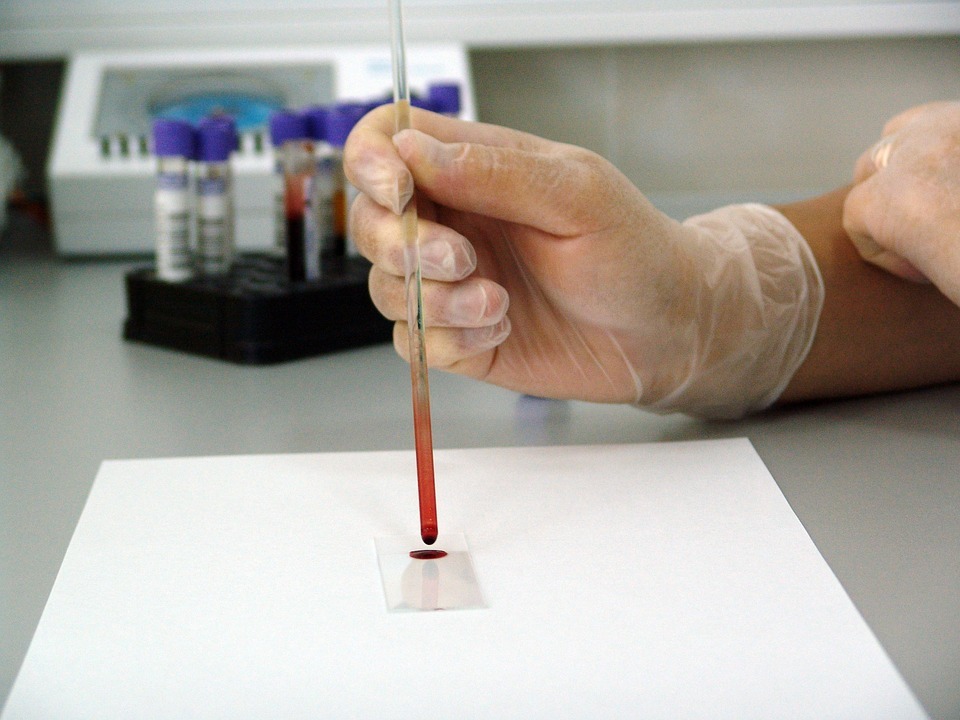Gilead Sciences, Inc. (Nasdaq: GILD) and the Renown Institute for Health Innovation (IHI) today announced a strategic collaboration to collect and analyze genetic and electronic health data that can enhance the understanding of nonalcoholic steatohepatitis (NASH) and potentially inform development of treatment options for the disease.

Image: Gilead, Renown Institute for Health Innovation announce collaboration to advance understanding of NASH. Photo: courtesy of PublicDomainPictures from Pixabay.
Subscribe to our email newsletter
Under the terms of the collaboration and license agreement, Gilead will provide funding to Renown IHI to sequence and analyze the DNA of 15,000 individuals living with NASH or nonalcoholic fatty liver disease (NAFLD) as well as a control cohort of 40,000 individuals in Nevada.
“Combining the sequencing of protein coding DNA, with extensive electronic health record data will enable a deep analysis of the roles of genetics and environment in NASH incidence and progression,” said John McHutchison, AO, MD, Chief Scientific Officer and Head of Research and Development, Gilead Sciences. “The analysis of these large datasets in collaboration with Renown IHI could help identify genetic variants that impact the risk of developing NASH and thereby advance the discovery and development of new treatments for this disease.”
Renown Health is Nevada’s most comprehensive and integrated healthcare network and maintains electronic health records for 1.02 million registered patients. In 2016, Renown Health and the Desert Research Institute established the Healthy Nevada Project (HNP), the nation’s first community-based population health study. In 2017 HNP began a partnership with Helix to leverage its population health services, Exome sequencing, and consumer engagement tools. The HNP is now an ongoing collaboration between Renown IHI, the Desert Research Institute, a global leader in environmental data and applied research, and Helix, a personal genomics company. HNP combines genetic, environmental, social and clinical data to address individual and community health needs with the goal of improving health across the state and the nation. The HNP currently has 40,000 participants.
“Combining genetic sequencing with large sets of data can play a critical role in understanding and identifying serious health risks, including diseases like NASH. We are excited to collaborate with Gilead to better understand the condition and its complexities,” said Anthony Slonim, MD., DrPH. “Any genetic variants identified in participants through the collaboration may be shared with the participants for patient care purposes.”
Source: Company Press Release
 Advertise With UsAdvertise on our extensive network of industry websites and newsletters.
Advertise With UsAdvertise on our extensive network of industry websites and newsletters.
 Get the PBR newsletterSign up to our free email to get all the latest PBR
news.
Get the PBR newsletterSign up to our free email to get all the latest PBR
news.

